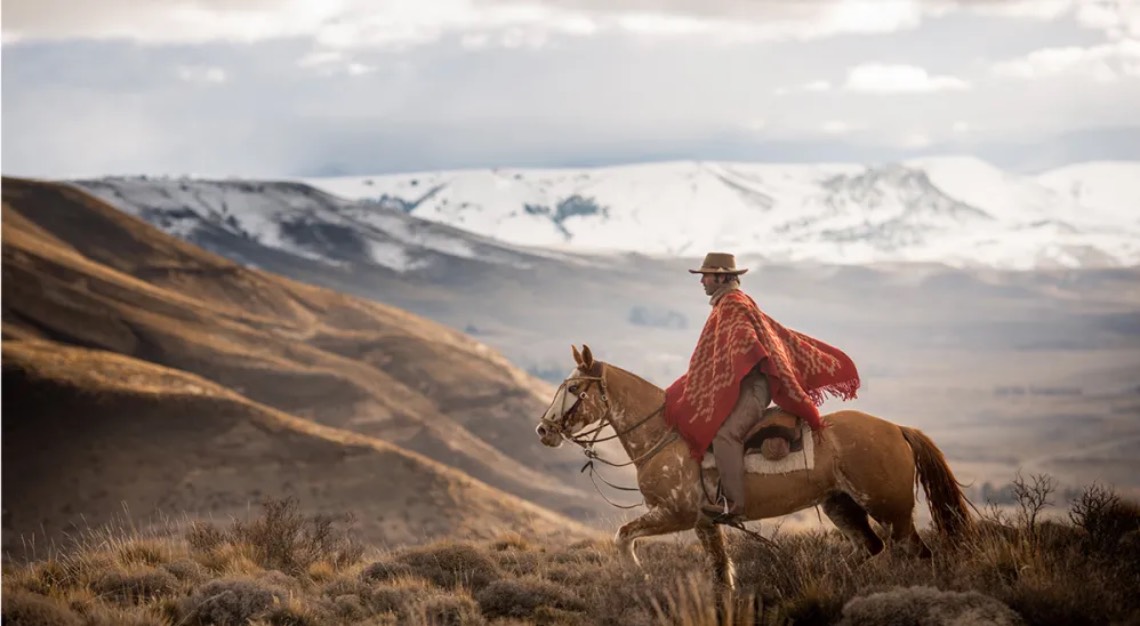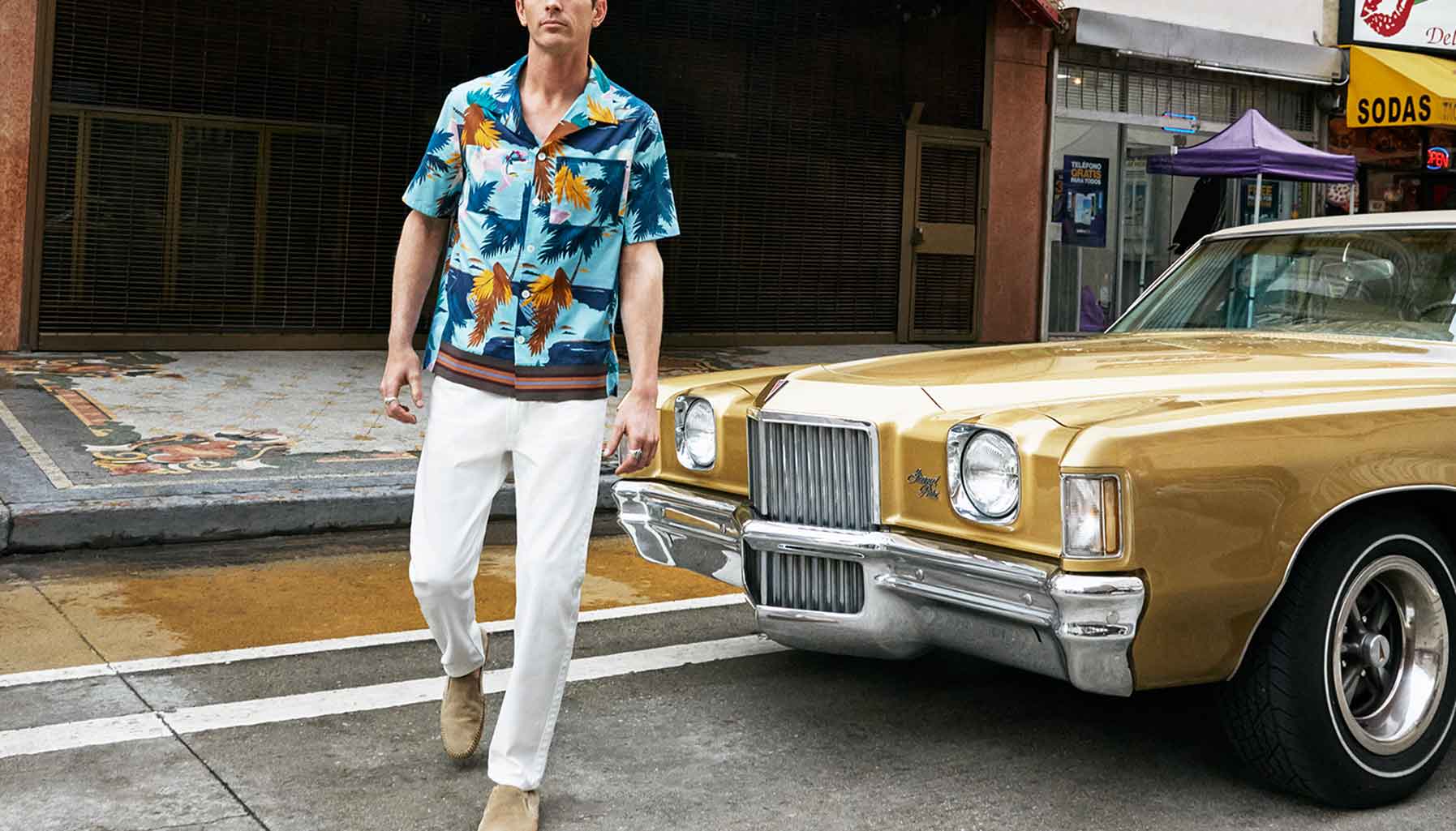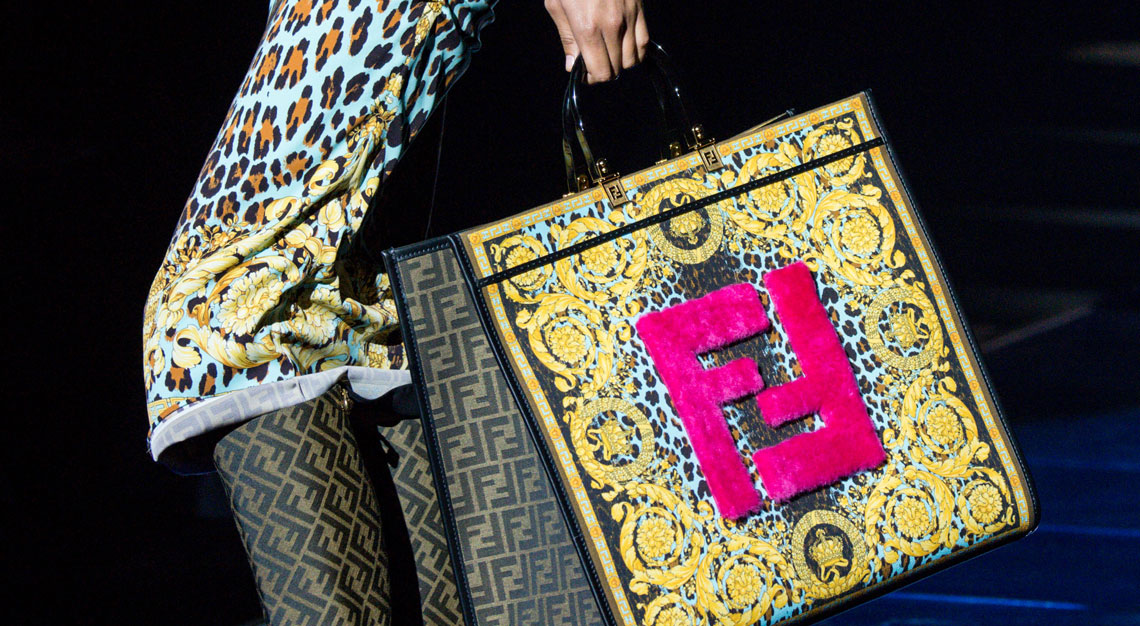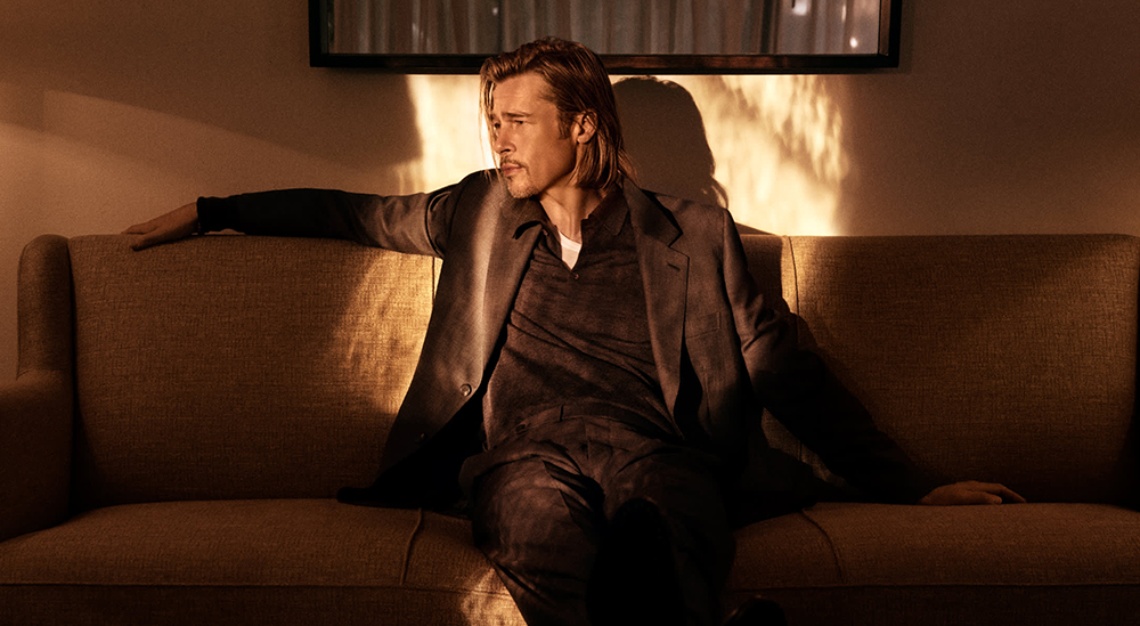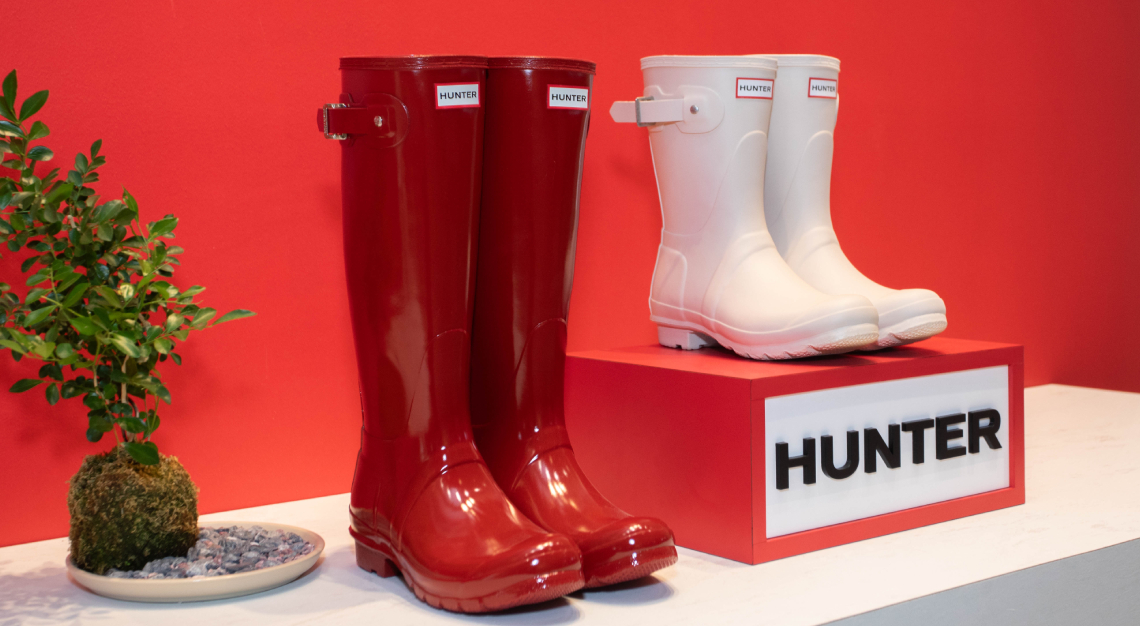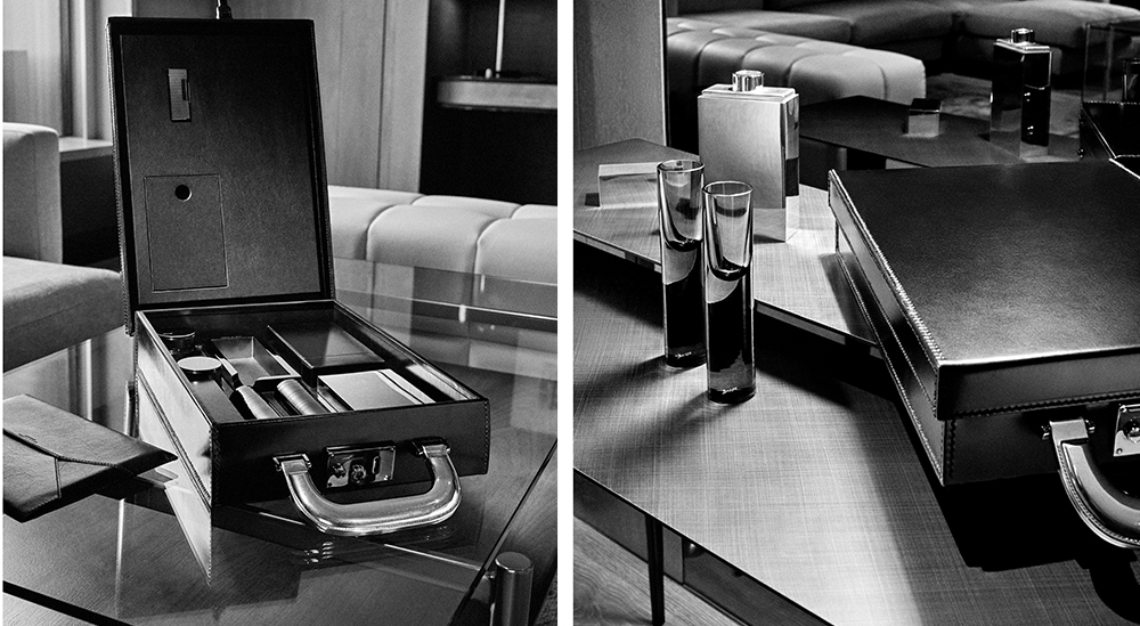Self-taught designer Ruso Sorzana is making rugged vests, bombers and ponchos inspired by his own ranching lifestyle
It’s not news that successful designers also sell identities, even if the archetypes they’re peddling (cowboy, movie star, etc.) have little to do with their own lived experience. By contrast, Tewün founder Ruso Sorzana stresses that the vests, bomber jackets and five-figure ponchos his outerwear brand produces from all-natural materials were designed to meet his own needs as a real-life gaucho—i.e., South American cowboy—herding, hunting and ranching in Argentine Patagonia.
The descendent of English and Italian immigrants, Sorzana counts himself a fifth-generation Patagonian, and grew up riding on his family’s ranch. His passion for horsemanship fostered a love of polo, and Sorzana dreamed of going pro—an aspiration he compares to the Jamaican bobsled team pursuing Olympic glory in Cool Runnings. In the end, Sorzana rose above his remote surroundings and spent 16 years playing the sport professionally in Europe, an experience he credits with fostering his love of old-world aesthetics and well-made, quality goods.
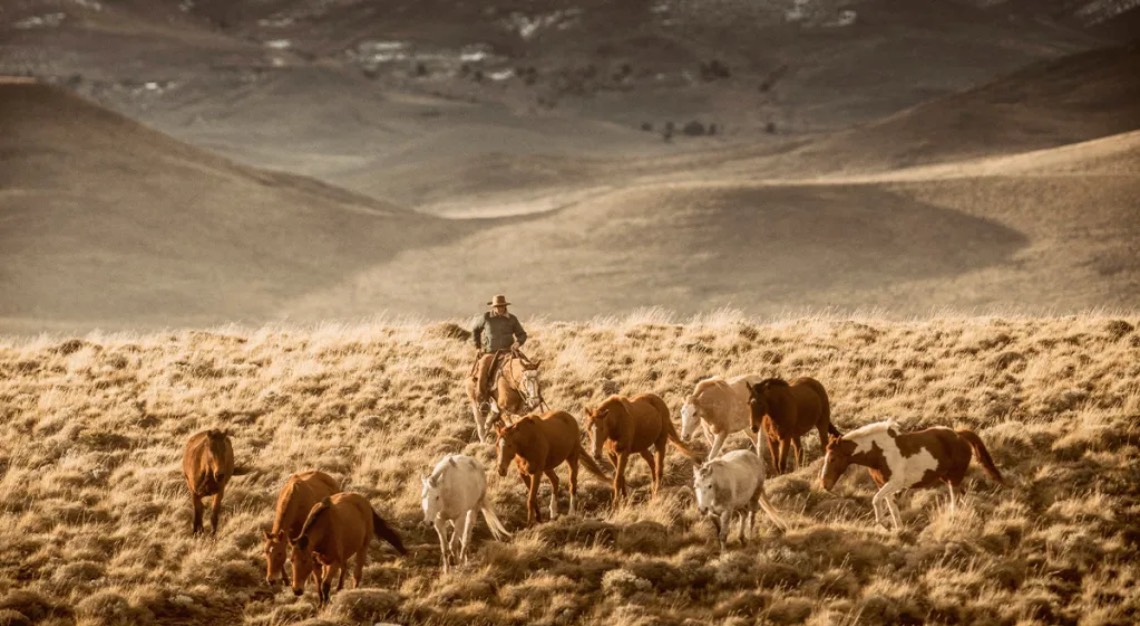
But his birthplace beckoned. Shortly after marrying his wife—an agricultural engineer—the newlyweds returned to Patagonia in 2012 to manage a ranch owned by a wealthy American, where they continue to live and raise their three children today. Spurred on by a friend’s admiration of his rugged lifestyle, Sorzana started a side-business in 2019 to take visitors out hunting, fishing and riding at a neighbouring ranch.
Before long, he figured that he could help outfit his patrons, too. “Everything in Patagonia is still very natural, wild and unpolluted,” Sorzana tells Robb Report. “I started thinking about these people coming, and I said, ‘Okay, I want to start making some clothes.”
However, the pandemic put Sorzana’s fledgling guide business on hold, leaving just the clothes. And so rather accidentally, Tewün—from a word used by Patagonia’s indigenous Mapuche people to mean “rooted”—was born in 2021 to share the experience of the region via its collections for men and women.
Sorzana, who had no previous design experience, conceived each of the garments himself. What mattered to him is that they be made in Argentina, from Argentine components and practical to his own work and way of life.
“When I make things, they’re 100% designed and created by the guy who is the hunter or the polo player… I design into a purpose because it’s what I really need.” he says.
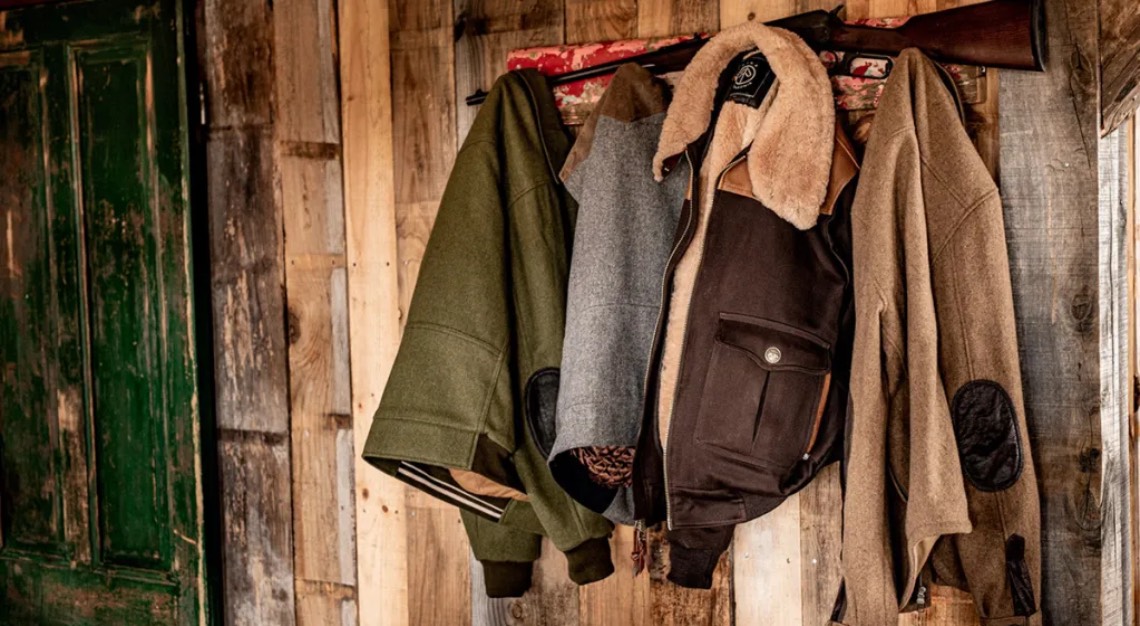
A particular favourite of Sorzana’s is the Patron vest, which features four welted pockets he’ll use to store everything from smartphones to bullets, and is available in fabrications ranging from goat leather to cotton gabardine and locally sourced merino wool. The superfine merino wool native to Patagonia is a particular focus for the brand, and also shows up in iterations of its zipped Gaucho bomber jacket.
“I’m a fanatic of wool and leather—noble materials. I don’t like plastic things,” Sorzana says of his dedication to high-performing, natural fabrics that will stand the test of time and one day return to the earth.
That green ethos is also reflected in the collection’s earthy color palette, which mimics the landscape of Patagonia itself. “If I’m developing a jacket, the color of the jacket is going to be similar to the color of the pine trees, or the bushes. That’s what makes me feel good. Making sure everything I do blends in with nature,” he continues.
The biggest ticket-item in the Tewün range is undoubtably its collection of ponchos. Varying in price from $13,450 to $15,250, each is made from undyed, hand-spun wool by native artisans who require up to three whole months to finish a single poncho. Likening the one-of-one creations to owning a Picasso, Sorzana considers each a unique work of art.
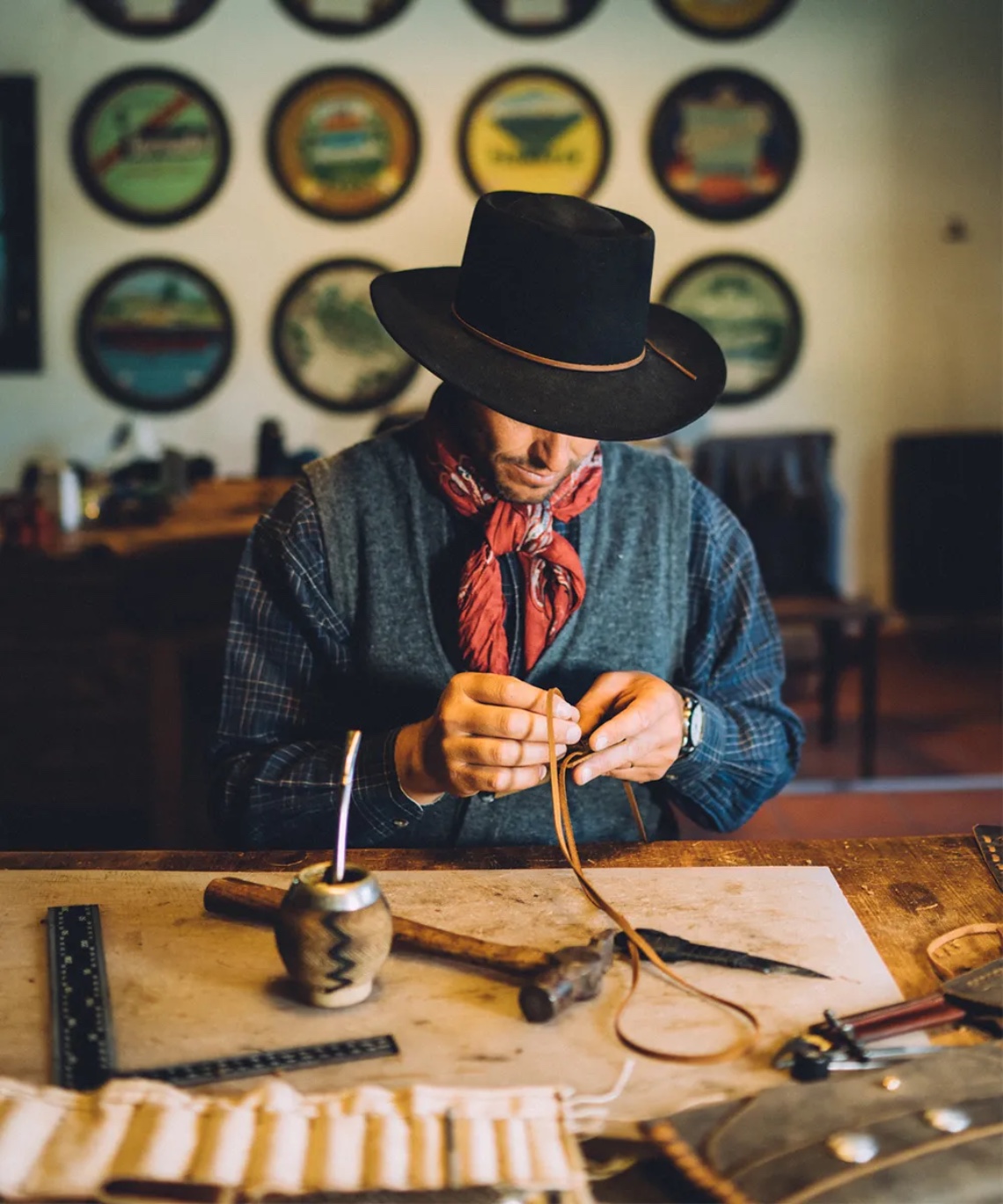
“If somebody gets it, perfect. If not, it stays in the Tewün collection. I’d be happy for my kids to have those ponchos. Every time I sell a poncho, I’m crying,” he says.
That Tewün’s garments are purpose-driven in a way that few labels in its price range can compare with is intriguing. But it also raises the question—is Tewün also for all the non-ranching, non-polo-playing, non-gauchos among us whose most strenuous outdoor activity may be walking the dog each morning?
When asked, Sorzana is unfazed. What matters most to him, it seems, is that the brand remains true to its highly specific place of origin, no matter where it happens to be worn.
“That’s what Tewün is. An authentic way of living life in a remote area in the north of Patagonia. It’s an honest, organic and natural product.”
We may not all be able to live such a romantic lifestyle ourselves. But through Tewün, we might be able to try it on for size.
This story was first published on Robb Report USA. Featured photo by Tewün
